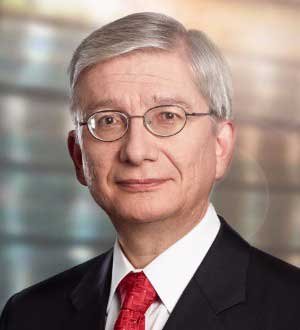
Seven years ago, Russia invaded eastern Ukraine and since then has ruthlessly and overtly destroyed, with total disdain, people and property alike.
The statistics are dreadful, and they only get worse as time goes by.
Owing to Russia’s incessant military aggression against Ukraine, since 2014 over 13,000 individuals have been killed and over 33,000 injured in the Donbas (including civilians and military), and there are currently over 1.5 million internally displaced persons in Ukraine.
Overall, the reaction of Western democracies has been supportive of Ukraine’s territorial integrity and disapproving of Russia’s blatant and systematic violations of its international commitments, including of several negotiated ceasefire agreements.
Russia is now, once again, openly building up its military presence close to the Ukrainian border and increasing its military provocations and intimidation against Ukraine.
The international community has expressed serious concern – and rightfully so.
Unfortunately, Western leaders have still not fully understood how Russia’s current czar operates and are fearful that an appropriately tough reaction to his dangerous provocations could escalate into a full-blown military confrontation with the West; whereas Putin’s interpretation of Western hesitation and wavering as signs of weakness only feeds his insatiable imperialistic appetite.
That is why Western leaders must respond to Putin’s current provocations in a proactive, united and determined manner that projects unambiguous commitment to Ukraine’s independence and right to self-determination stemming from the explicit rejection by the Ukrainian people of Russia’s sphere of influence over Ukraine, as well as to regional peace and stability. They must deal with Russia from a position of strength, as that is the only language Putin understands.
Until Western leaders provide Ukraine a definite path to NATO membership by offering it the NATO Membership Action Plan, Russia will not truly understand where NATO stands on this issue. Any ambiguity from NATO on this strategic issue will embolden Russia’s policy of regional destabilization, including in Ukraine, to the continued detriment of the West.
Western leaders should also impose their conditions and a timeframe to ensure a real Russian military withdrawal from Ukraine by making it clear to Russia that it risks suspension from the SWIFT crossborder payment platform if it fails to comply with such conditions and timeframe.
After 7 years, it is time for the West to send an unequivocal message to the Kremlin that the respect of the territorial integrity of independent states, including Ukraine, is essential and non-negotiable.
Eugene Czolij
NGO “Ukraine-2050” President
Ukrainian World Congress President (2008-2018)
www.ukraine-2050.org
Image by Stefan Keller from Pixabay

